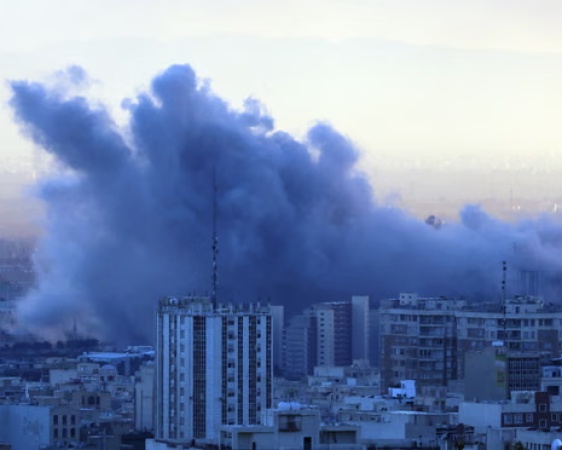
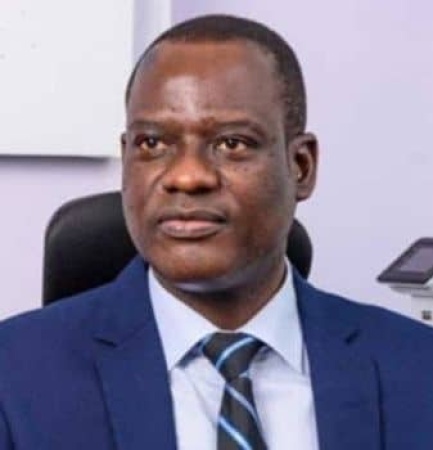
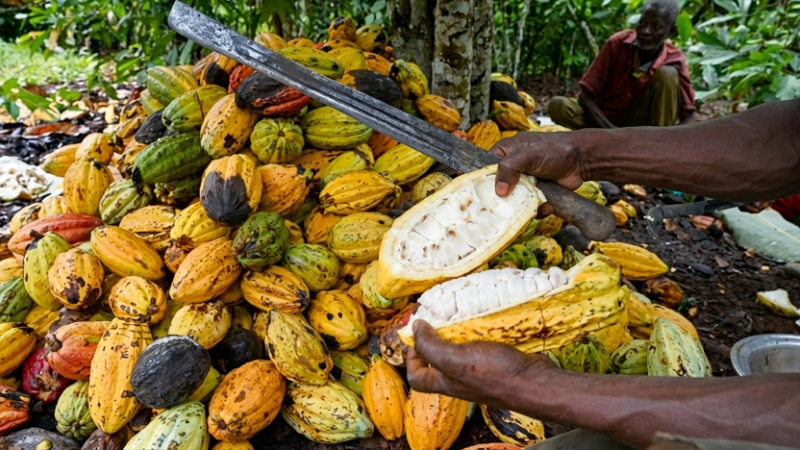
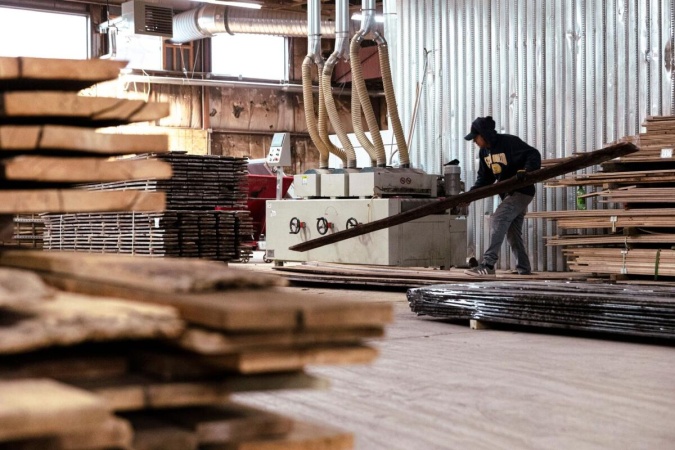
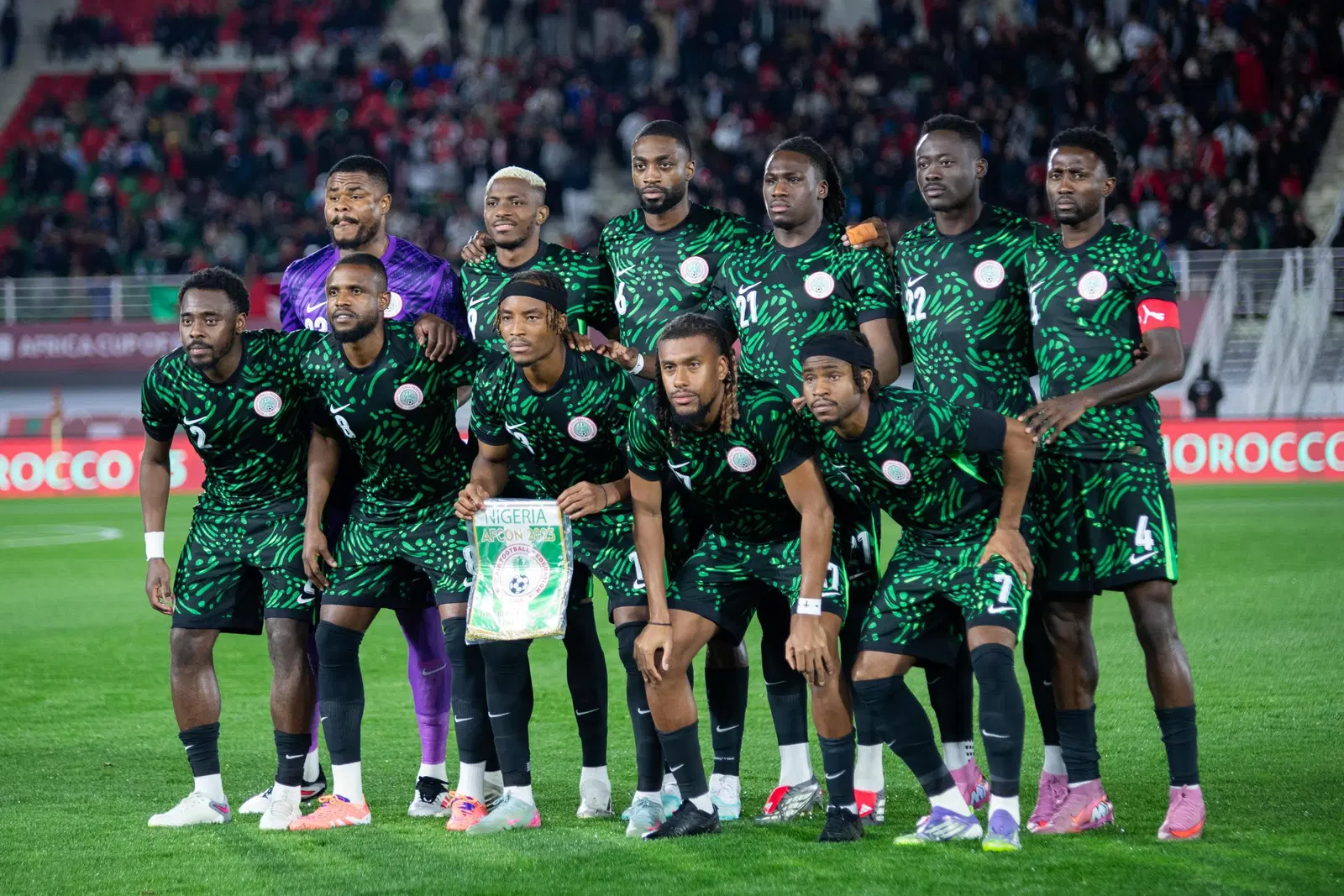

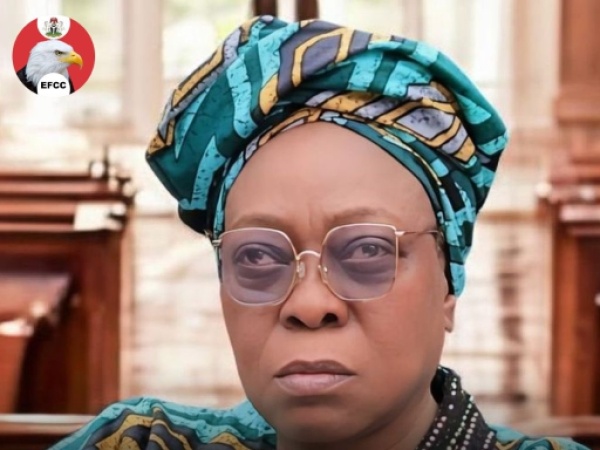

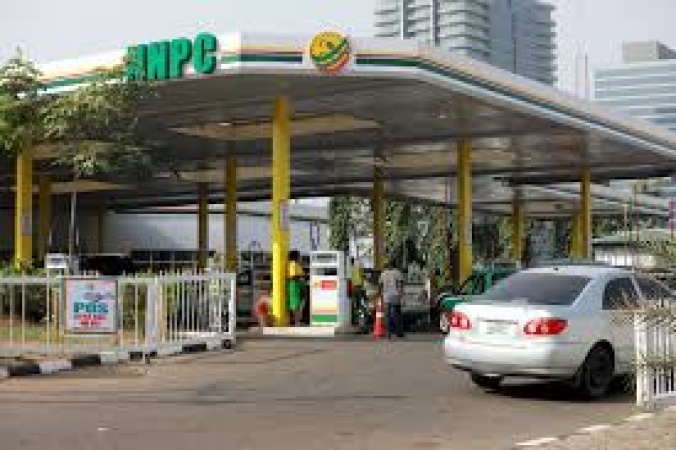

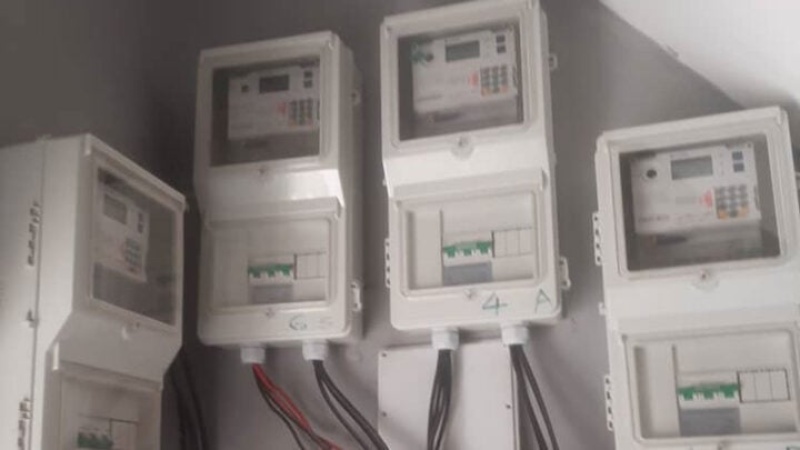
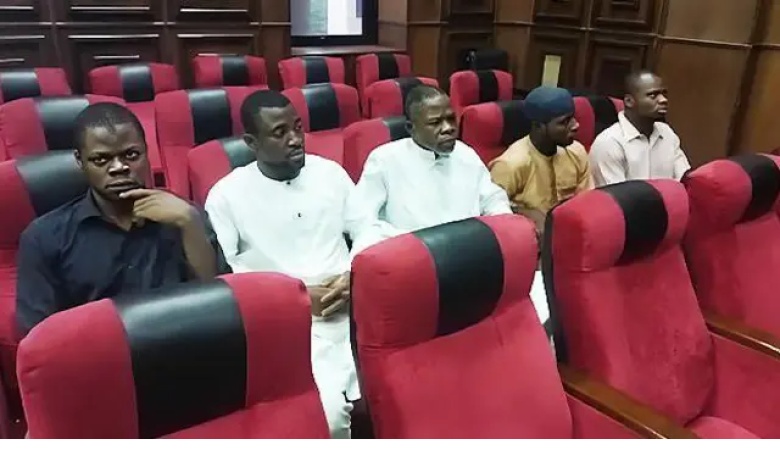


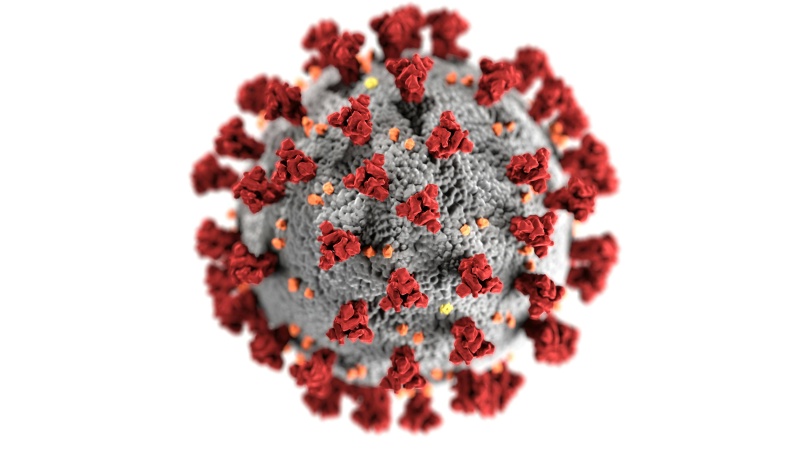
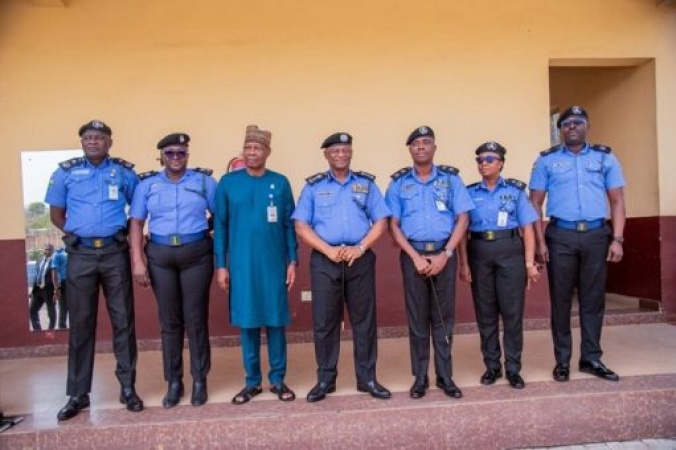
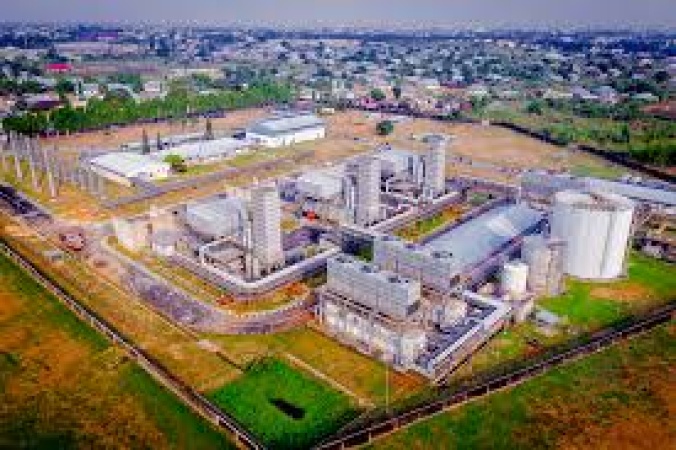
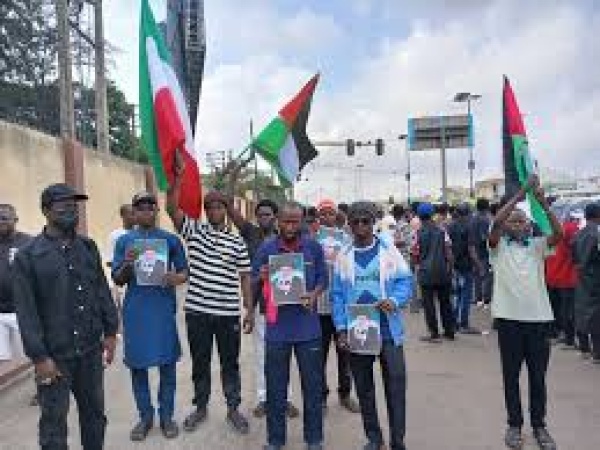
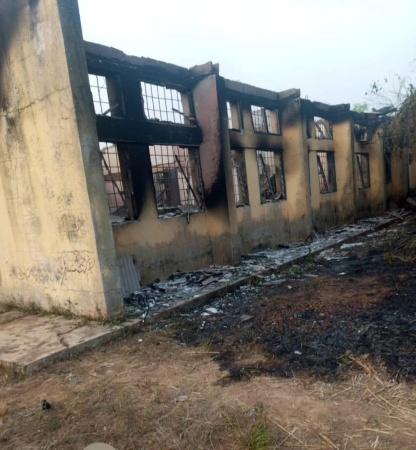
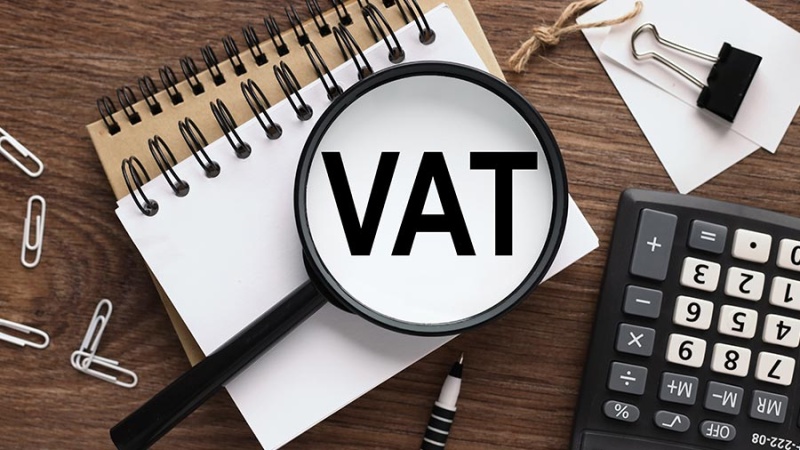
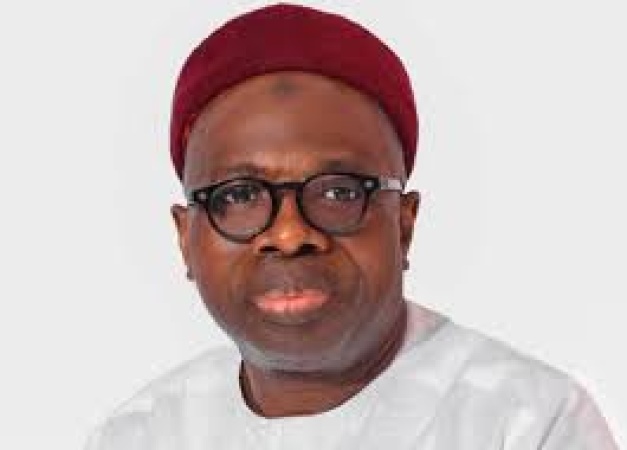
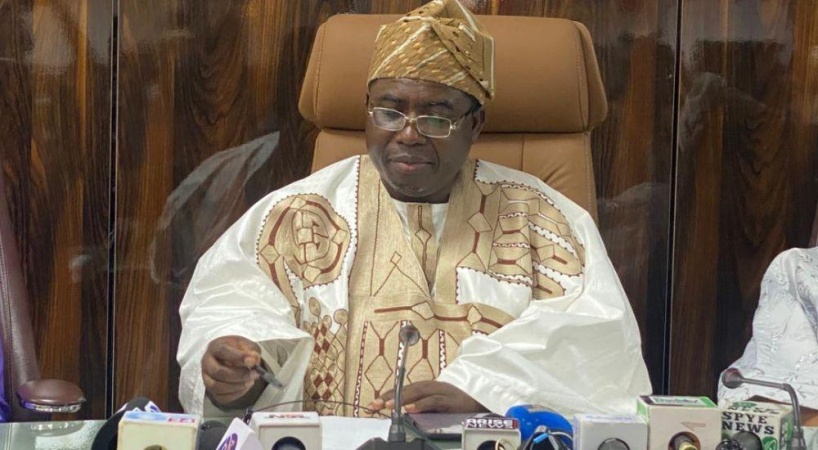
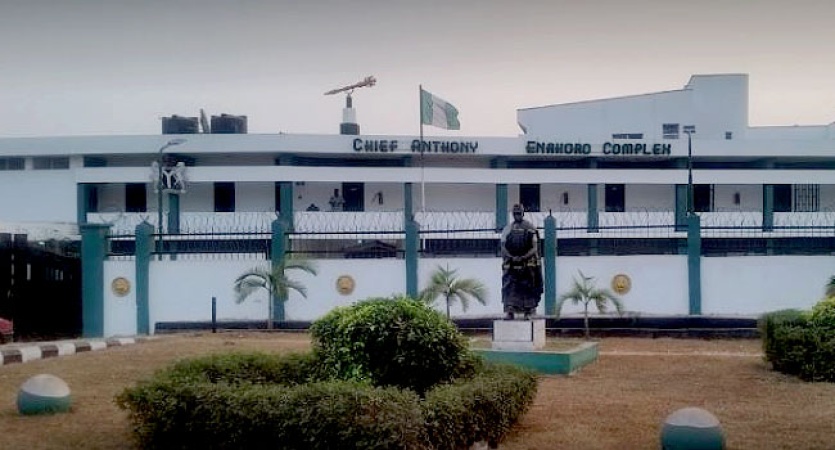
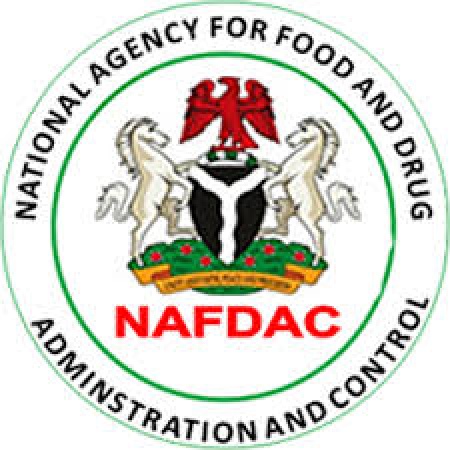
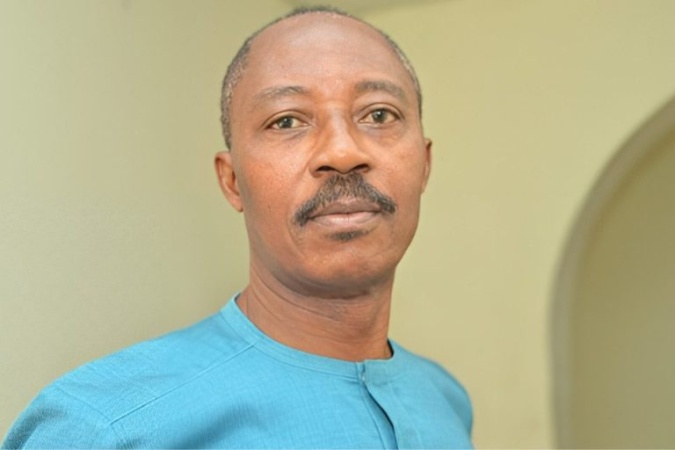
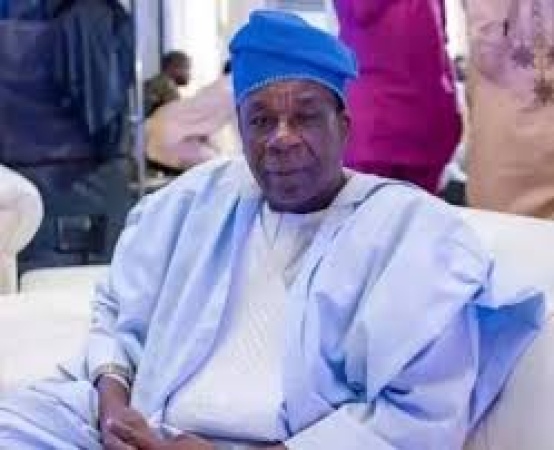
Loading banners


NEWS EXPRESS is Nigeria’s leading online newspaper. Published by Africa’s international award-winning journalist, Mr. Isaac Umunna, NEWS EXPRESS is Nigeria’s first truly professional online daily newspaper. It is published from Lagos, Nigeria’s economic and media hub, and has a provision for occasional special print editions. Thanks to our vast network of sources and dedicated team of professional journalists and contributors spread across Nigeria and overseas, NEWS EXPRESS has become synonymous with newsbreaks and exclusive stories from around the world.

President Bola Tinubu
Sixty-four years after Independence, Nigerians are perplexed by the lavish lifestyles of the political elite in contrast to the daily struggles of the majority who eat from hand to mouth.
Despite being Africa?s biggest oil producer, the nation is grappling with an economic crisis, marked by high inflation, unemployment, and multidimensional poverty. Yet, government officials continue to indulge in luxurious spending, seemingly disconnected from the sufferings of ordinary citizens.
A Nation in Economic Crisis
Nigeria?s economic woes are deepening. Inflation has surged to record highs despite slowing for the second consecutive month to 32.15 percent in August 2024. Food inflation, which makes up over half of the total, stood at 37.52 percent.
Since Independence, Nigeria has experienced a series of high inflation, reaching a staggering 73 percent in 1995 under Sani Abacha, former head of state. However, the current economic crisis is a mixed bag of high inflation, crippling interest rates, factory shut-downs, multinationals? exits, naira slump, high petrol costs, and insecurity.
The living conditions of citizens remain dire, with essential commodities such as rice, beans, and bread becoming increasingly unaffordable.
Nigeria, a nation with over 220 million people, has more than 24 million people who are food insecure and hungry, according to the 2024 Global Report on Food Crises.
According to the National Bureau of Statistics (NBS), over 133 million Nigerians?63 percent of the population?are now classified as multidimensionally poor, struggling with limited access to basic needs like food, shelter, and healthcare.
?Over half of the population of Nigeria are multidimensionally poor and cook with dung, wood or charcoal, rather than cleaner energy. High deprivations are also apparent nationally in sanitation, time to healthcare, food insecurity, and housing,? NBS said in its 2022 report.
The country?s unemployment rate continues to rise, exacerbating the situation. At the same time, Nigeria?s debt profile has ballooned, with public debt reaching N121.67 trillion ($91.46 billion) in the first quarter (Q1) of 2024, up from N97.34 trillion in the last quarter (Q4) of 2023.
In the past 16 months, the government has spent $100 million (N160 billion) on a new presidential jet, N5 billion on a luxury yacht, and billions more on luxury vehicles.
This spending has sparked public outrage, with many questioning the government?s priorities in the face of widespread poverty.
A recent report entitled, ?Presidential Air Fleet Transit Funds,? revealed that N14.77 billion was spent on maintaining the presidential fleet between July 2023 and May 2024.
The renovation of the vice president?s residence cost N15 billion, while N1.5 billion was allocated for vehicles for the Office of the First Lady, who reportedly spent N701 million on foreign trips over three months.
Also, the presidency spent N9.2 billion on vehicles between March and May 2024, and N366 million on tyres, with N236.5 million of that going towards bulletproof tyres, BusinessDay findings reveal.
The National Assembly, expected to act as a check on the executive, has also faced criticism for its excessive spending.
In 2023, the legislature purchased Toyota Land Cruisers and Toyota Prados worth N68.52 billion for its 469 members, while their constituents struggled for survival.
Lawmakers continue to receive large monthly allocations, further widening the gap between the rulers and the ruled. Senior legislators such as senators receive N21 million monthly, as revealed by Abdurrahman Kawu Sumaila, representing Kano South in the Senate.
?It?s insulting to the people who are starving, struggling to survive, and facing a future of economic uncertainty,? said an analyst on the political economy who does not want to be mentioned. ?This isn?t just wasteful; it sends a message that the sufferings of the masses do not matter.?
At the state level, governors also continue to indulge in lavish lifestyles while their constituents suffer.
John Enemari, a public affairs analyst, criticised state governors for failing to improve infrastructure, despite receiving significant federal funds.
He noted that states such as Abia, Anambra, and Enugu, which have received significant increases in federal allocations, still owe workers up to six months? salaries.
?If the governors really deploy these resources as efficiently as necessary, the issues of struggling to pay salaries won?t arise,? Enemari, a member of the African Liberation Movement, said. (BusinessDay)